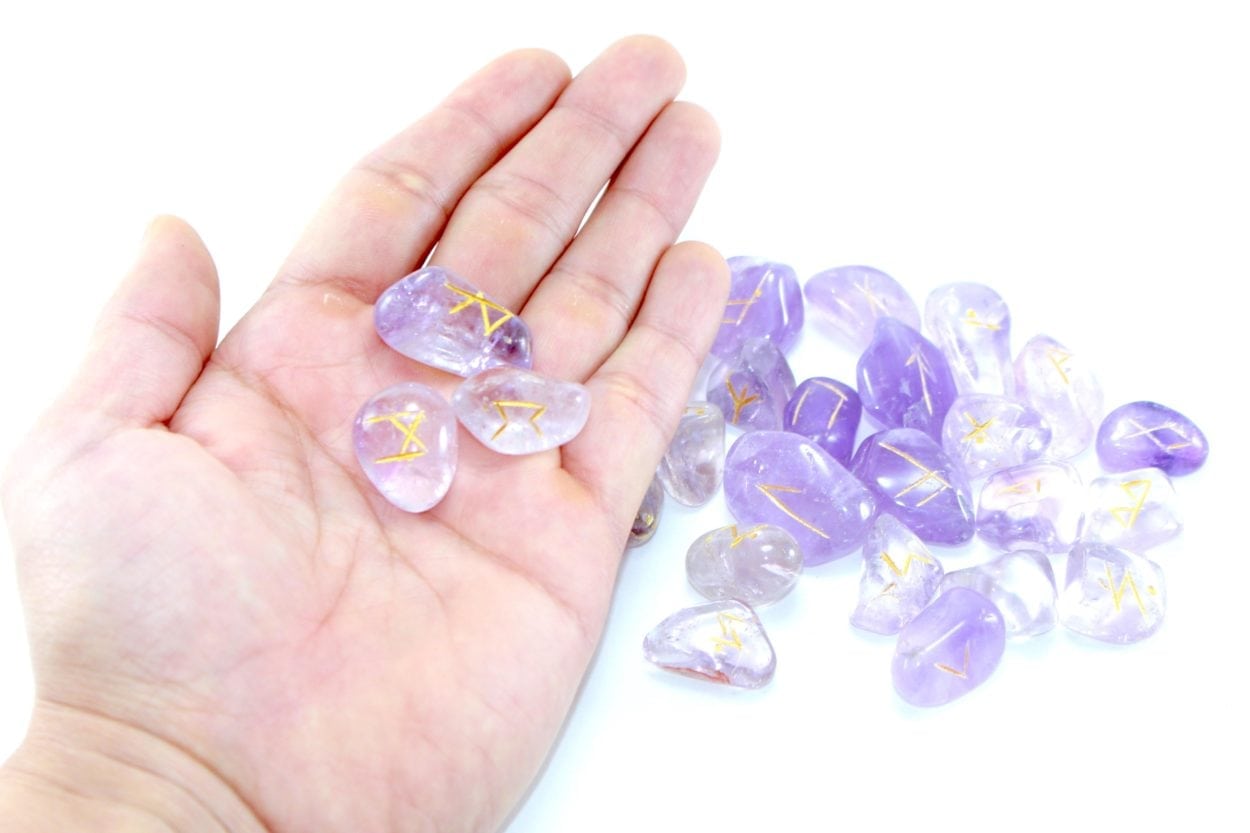Chaga (Inonotus obliquus) is a fungus whose exterior has the appearance of coal and grows on trees in the boreal forest. Rather than soft like a mushroom, Chaga is hard, almost as hard as wood. It is unique, nothing like common mushrooms. In fact, Chaga is the most nutritionally dense of all tree growths. Known by the Siberians as the “Gift from God” and the “Mushroom of Immortality”, this vibrant growth has been used by humans to support health for thousands of years.
The Japanese call it “The Diamond of the Forest,” while the Chinese deem it “King of Plants.” For the Chinese that is saying a lot, since they have an immense history with countless plants. Now, you can get the great powerful secret of the Orient through Crystal Dreams. Despite this exceptional status, most Americans are unaware of it. Nevertheless, This herb is also the richest source of Melanin know to man, the main source of energy for the pineal gland. To survive in harsh climates, Chaga concentrates natural compounds for its protection, and that is why it is so powerful. To strengthen the tree, as well as heal, it makes potent phytochemicals, including sterols, phenols, and enzymes. Researchers have inoculated sick trees with Chaga to strengthen them. People benefit can also benefit by consuming these forest-source phytochemicals and nutrients.
Here are 9 benefits of drinking Chaga tea:
1. Rich Antioxidant & Nutrient
Chaga tea’s exceptionally high antioxidant levels make it a great natural resource for helping to counter free radical damage. It is also an excellent source for vitamin D, vitamin K, multiple B vitamins, and minerals like iron, calcium, copper and zinc. Its various other constituents include betulin and betulinic acid, responsible for much of its positive effects, as well as flavonoids, polysaccharides and other phytonutrients.
2. Fortifies Immunity
A weakened immune system may benefit greatly from drinking Chaga tea. The polysaccharides in Chaga, especially the beta glucans, help to stimulate the growth of leukocytes within the body, making the immune system better equipped to fend against infections. Furthermore, it also offers a number of antibacterial, antiviral, antifungal and anthelmintic (parasite-killer) properties that further assist the body in eliminating harmful pathogens.
3. Cancer-Countering Effects
A number of chaga tea’s effects may be beneficial for cancer patients. Not only does the betulinic acid found in chaga help to eliminate cancer cells, but this herbal tea can also help to overcome the unpleasant effects of chemotherapy. Its immune-boosting effects are especially useful, as many cancer treatments can have a negative impact on the immune system, and chaga may also alleviate digestive upset common to chemotherapy.
4. Supports Healthy Digestion
Drinking chaga tea is also an excellent way to naturally promote healthy digestion. With its anti-inflammatory effect, chaga may relieve digestive discomfort and promote better digestive function. It also stimulates the production of digestive bile in the liver, aiding in the breakdown of food to make it easier for nutrients to be absorbed. It even offers a natural source of dietary fiber, important for the smooth function of the digestive system.
5. Promotes Healthy Skin
Skin health may also be improved with chaga tea. Chaga is a natural source of melanin, the pigment that darkens skin and provides protection against solar UV rays. With its anti-inflammatory effects, chaga can help to clear skin conditions like rashes, acne and eczema more quickly. It even protects the firmness and elasticity of skin, delaying the formation of wrinkles.
6. Alleviates Feelings of Stress
As an adaptogen, chaga tea can help to abate stressful feelings. Adaptogens function by balancing the body’s various systems, energizing systems that are fatigued and quieting overactive systems. This is especially helpful for stressful situations, when the body releases stress hormones that lead to feelings of anxiety and fatigue.
7. Aids Liver Function
Chaga tea’s ability to stimulate the production of bile in the liver is not only beneficial for digestive function, but for liver health as well. Bile helps the liver to flush out toxins filtered from the bloodstream, preventing them from accumulating in the liver and causing damage to the surrounding tissue.
8. Benefits Cardiovascular Health
Chaga tea can even promote healthy cardiovascular function. The betulinic acid in chaga can enter the bloodstream, where it assists in breaking down harmful LDL cholesterol, and its beta glucans can also have a positive effect on cholesterol levels. By controlling cholesterol, chaga tea may reduce the buildup of plaque in the bloodstream and lower the risk of potentially harmful cardiovascular disease.
How to Make Chaga Tea?
Chaga can be brewed into a delicious and comforting tea that can be a substitute for coffee. The Chaga sold in our Crystal Dreams store is harvested in the boreal forests of the east coast of Canada. It is harvested by hand in the traditional fashion during the winter time when its medicinal properties are at its highest levels. Once harvested, the Chaga is placed in hermetical packages to preserve it. This Chaga is available in chunks or in powder as a coffee substitute. The most popular way to consume Chaga is by drinking a delicious cup of Chaga tea. Below is my favourite simple Chaga tea recipe for you to try at home.
- Break the whole Chaga into roughly 10g chunks.
- Grind one chunk into powder using a blender or coffee grinder or simply place a whole chunck in the hot water.
- Place one teaspoon (two if you like a stronger tea) into a tea infuser or one chunck about the size of a quarter
- Place the tea infuser with the powder or the chaga chunk into your favorite large mug and pour in about 400 ml of hot water.
- Leave the chaga in hot water steeping for at least 5 minutes, but the longer the better to extract more of the bioactive ingredients.
- Remove the infuser from the mug and add maple syrup or honey or cinammon to taste. You may reuse your Chaga chunks many times until the color or taste fade again.

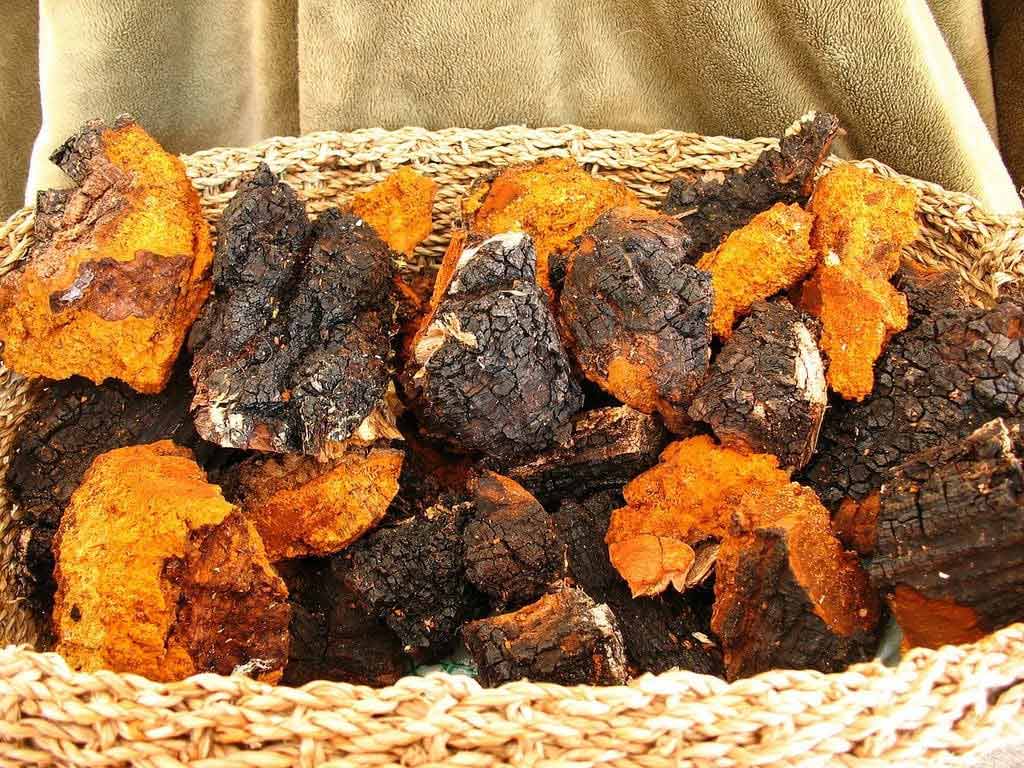
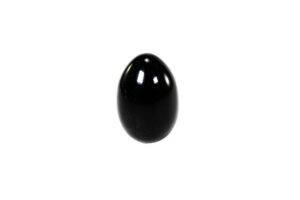
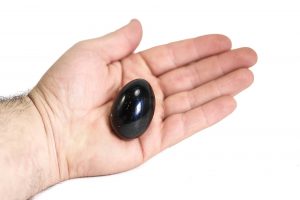
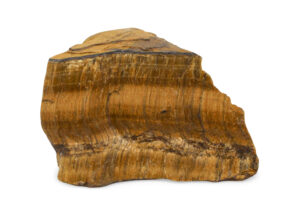
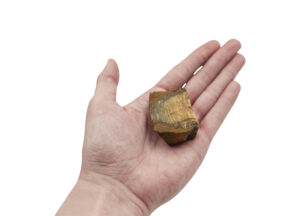
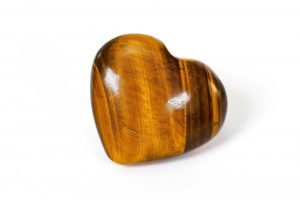
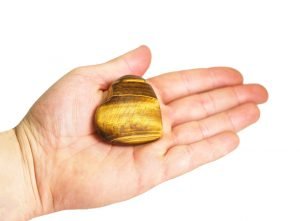




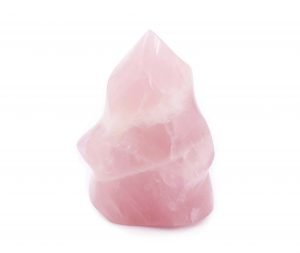
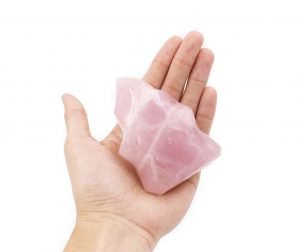
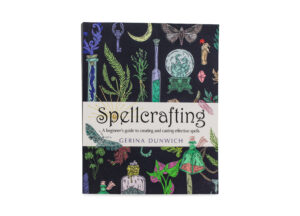
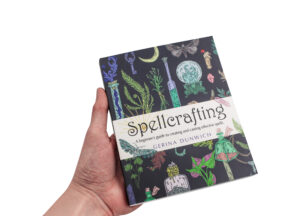

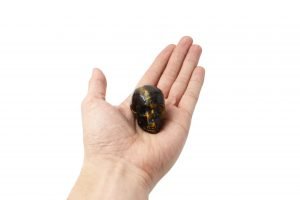
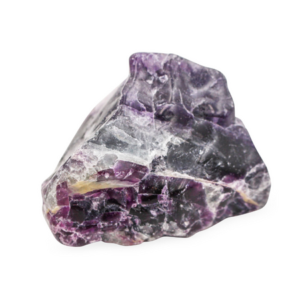
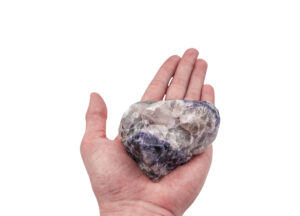





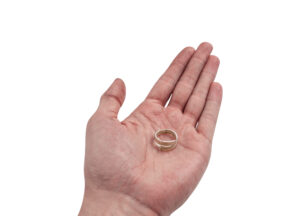
 Pharaoh Cylinders For Restoration of Energy
Pharaoh Cylinders For Restoration of Energy